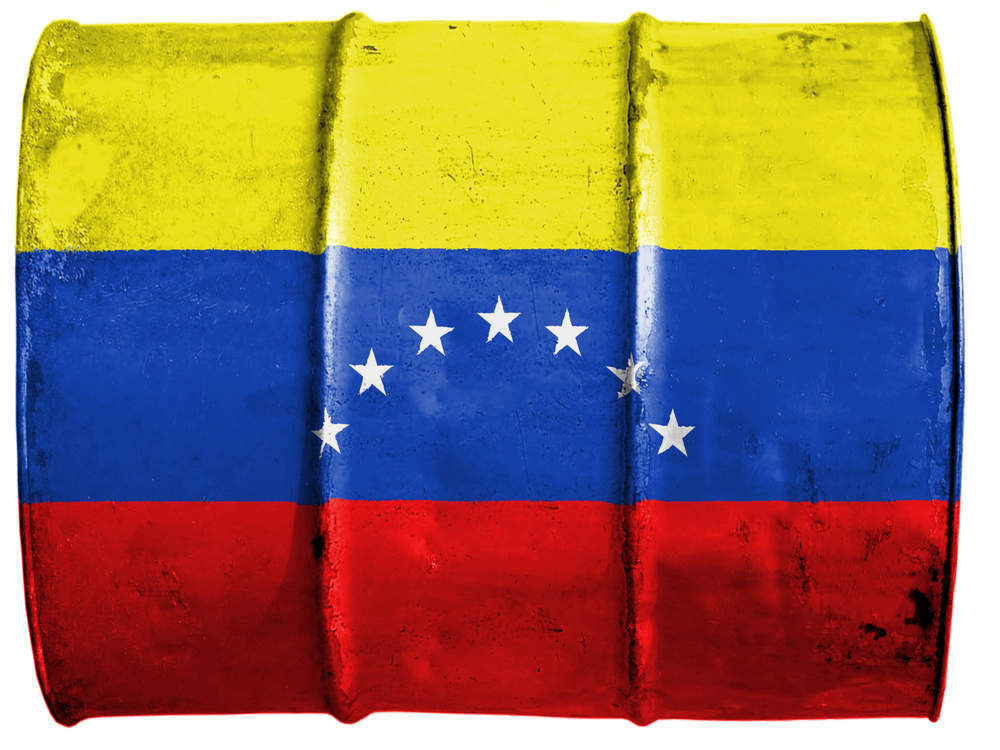
Venezuela’s President Nicolás Maduro won re-election on Sunday, ushering in another six-year term for the controversial leader, and yet more uncertainty over the country’s future.
Maduro’s leadership is surrounded by unrest. His time in office has so far overseen a social and economic crisis in Venezuela, with hyperinflation, severe food shortages, a public health emergency and extraordinary levels of crime.

Access deeper industry intelligence
Experience unmatched clarity with a single platform that combines unique data, AI, and human expertise.
According to the National Electoral Council, just 46% of Venezuelans turned out to vote on Sunday. Even this low level of engagement is disputed by the opposition, which rejected the result as soon as the polls closed and accused Maduro of rigging the vote.
Maduro’s re-election has also met with international opposition. US Secretary of State Mike Pompeo declared the election a “sham”, while the US mission to the United Nations called it an “insult to democracy”. Both Chile and Panama have refused to recognise the result.
The US administration responded by imposing a new round of financial penalties on Venezuela, designed to prevent Maduro from selling off government debt.
The next step for Washington would be to enact direct sanctions on the oil sector, which Trump has repeatedly threatened to do. The White House said that it has so far stopped short of this measure in order “to mitigate harm to the American and Venezuelan people”.

US Tariffs are shifting - will you react or anticipate?
Don’t let policy changes catch you off guard. Stay proactive with real-time data and expert analysis.
By GlobalDataWill there be US sanctions on Venezuelan oil? What would the impact be?
US sanctions on Iran have already had a significant impact on the global oil market. Will sanctions on Venezuela do the same?
Spencer Welch, a director on the oil markets and downstream team at IHS Markit, believes that Washington is still likely to directly sanction Venezuelan oil, but that it will not have a comparable impact to Iranian sanctions. Welch says:
It is likely that US will strengthen sanctions on Venezuela, President Trump tends to keep his promises as we have seen with Iran.
However, this is unlikely to make much difference to global oil markets. The Venezuelan economy and oil industry is in a terrible state, a sustained lack of investment, a lack of repairs and maintenance mean that the upstream oil production is in freefall.
Venezuelan crude production exceeded two million barrels per day (bpd) in 2016, but has fallen to 1.4 million bpd. Analysts predict that this will fall to 900,000bpd by the end of 2018.
Around 400,000bpd is exported from Venezuela to the US and even without sanctions, this number is expected to go down. Adrian Lara is a senior oil analyst covering the Americas for global data. Lara argues that because of the rapid deterioration of Venezuela’s oil market anyway, Washington might maintain that oil sanctions are unnecessary.
Lara says:
Oil production in Venezuela has deteriorated so badly in the last seven months that it might not be necessary to impose sanctions as originally planned.
Additionally, these sanctions could have an impact on gasoline prices in the US and this might not be ideal ahead of the summer driving season and to the US legislative elections in November.
While the likelihood of oil sanctions is uncertain, it seems that, even if they are enacted, the effect won’t shake the market as a whole.
Lara says:
In the wider context of world crude oil production, Opec has been taking into account the Venezuelan drop crude production and Saudi Arabia has been compensating for this so the Opec agreed target is maintained.
The same logic would apply to further loss of Venezuelan production.







